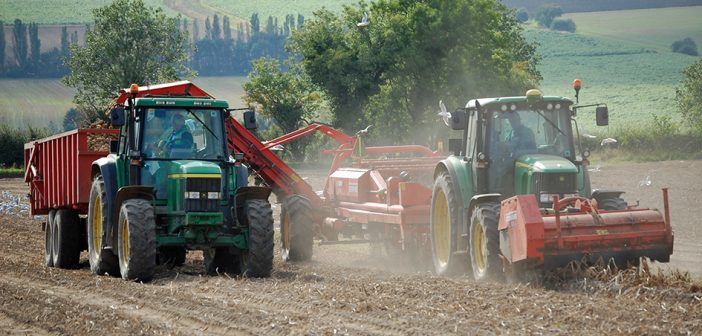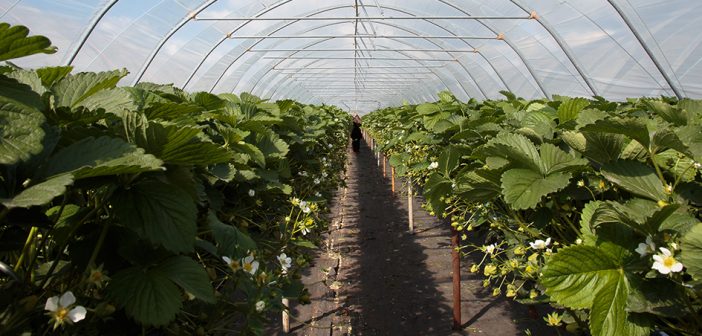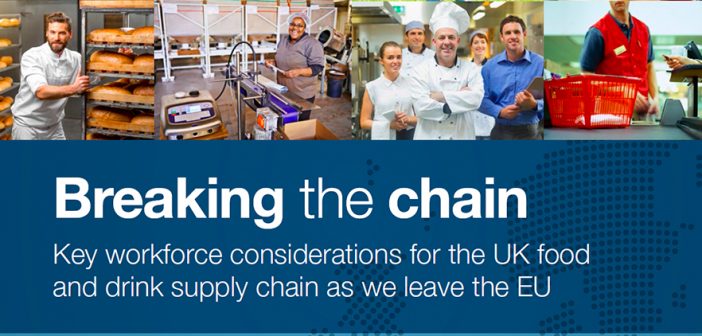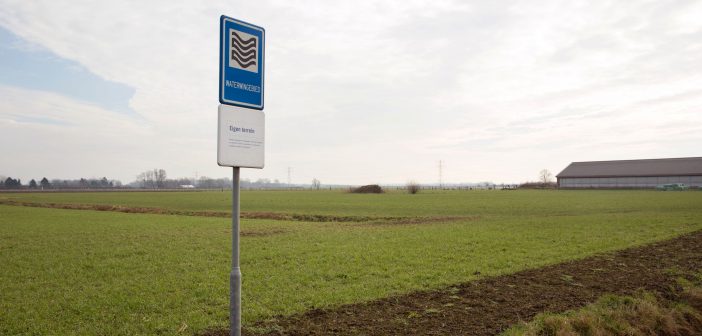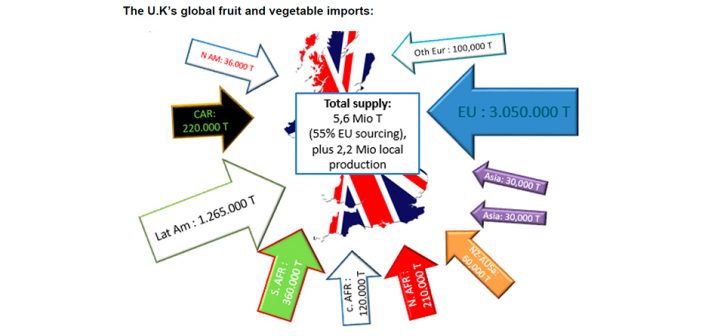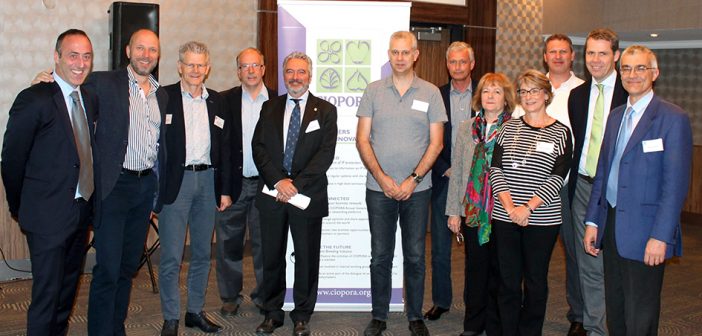The UK is less attractive as a global destination for workers following the Brexit vote according to new research from accountancy firm BDO.
The data shows that having been in second place globally in the index in 2012, the UK has now dropped out of the top five global destinations for workers with a score of 19 per cent. The top five global destinations for workers were the USA (at 24%), followed by Germany, Switzerland, Australia and Canada (all at 20%). The survey also said that 18 per cent of employees around the world would be likely to take up a new full time job in another country for up to two years if it offered them a pay rise.
Respondents were asked to pick their top three work destinations to work. According to BDO, geography, common language, culture and business practices are among the main factors which influence where employees are most likely to move.
Paul Eagland, managing partner at BDO said, “UK businesses are already struggling with a skills shortage. The impact of the EU referendum and uncertainty around a new trade deal is likely to make this worse. It’s absolutely imperative that the Government makes it clear to the world that the UK is still a great place to do business and that we continue to attract the world’s brightest and best to our country.”
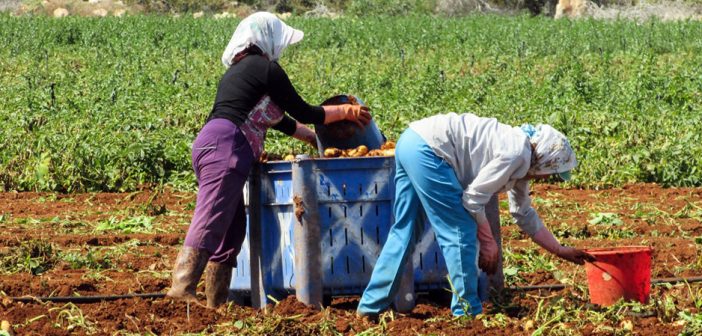
Photo Caption: The UK has slipped out the top five work destinations for overseas workers according to a new report.
Photo Credit: pxhere
The post UK less attractive destination for foreign workers appeared first on Hort News.
